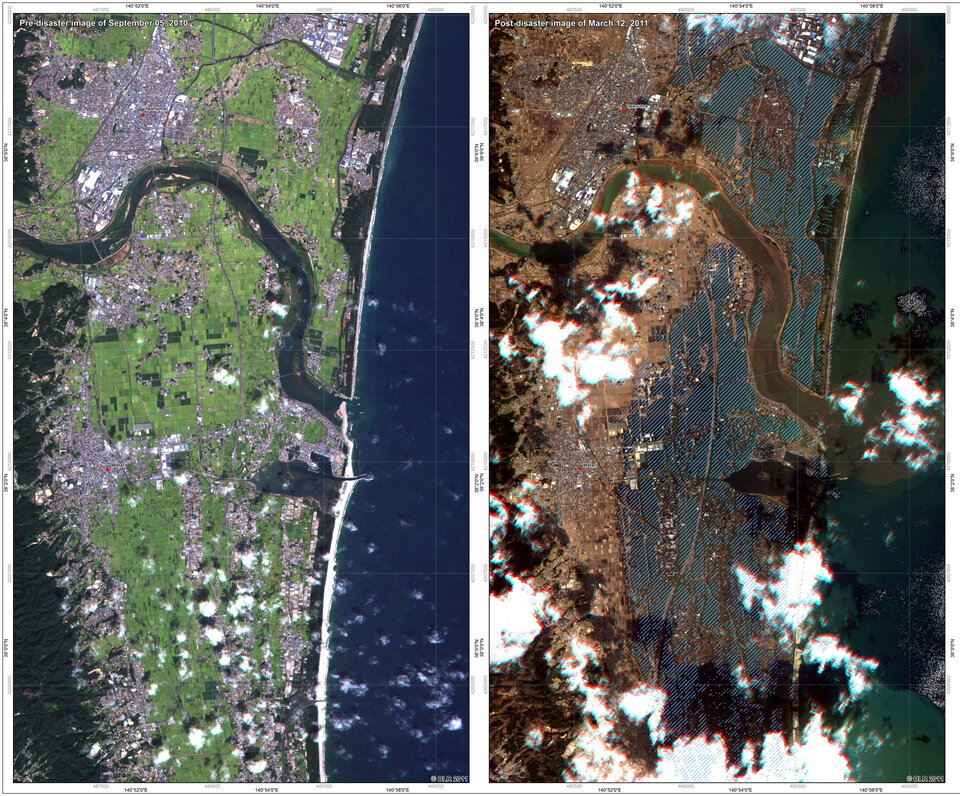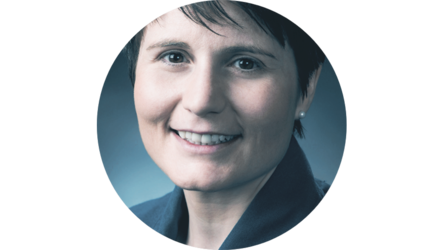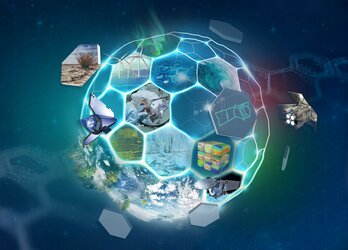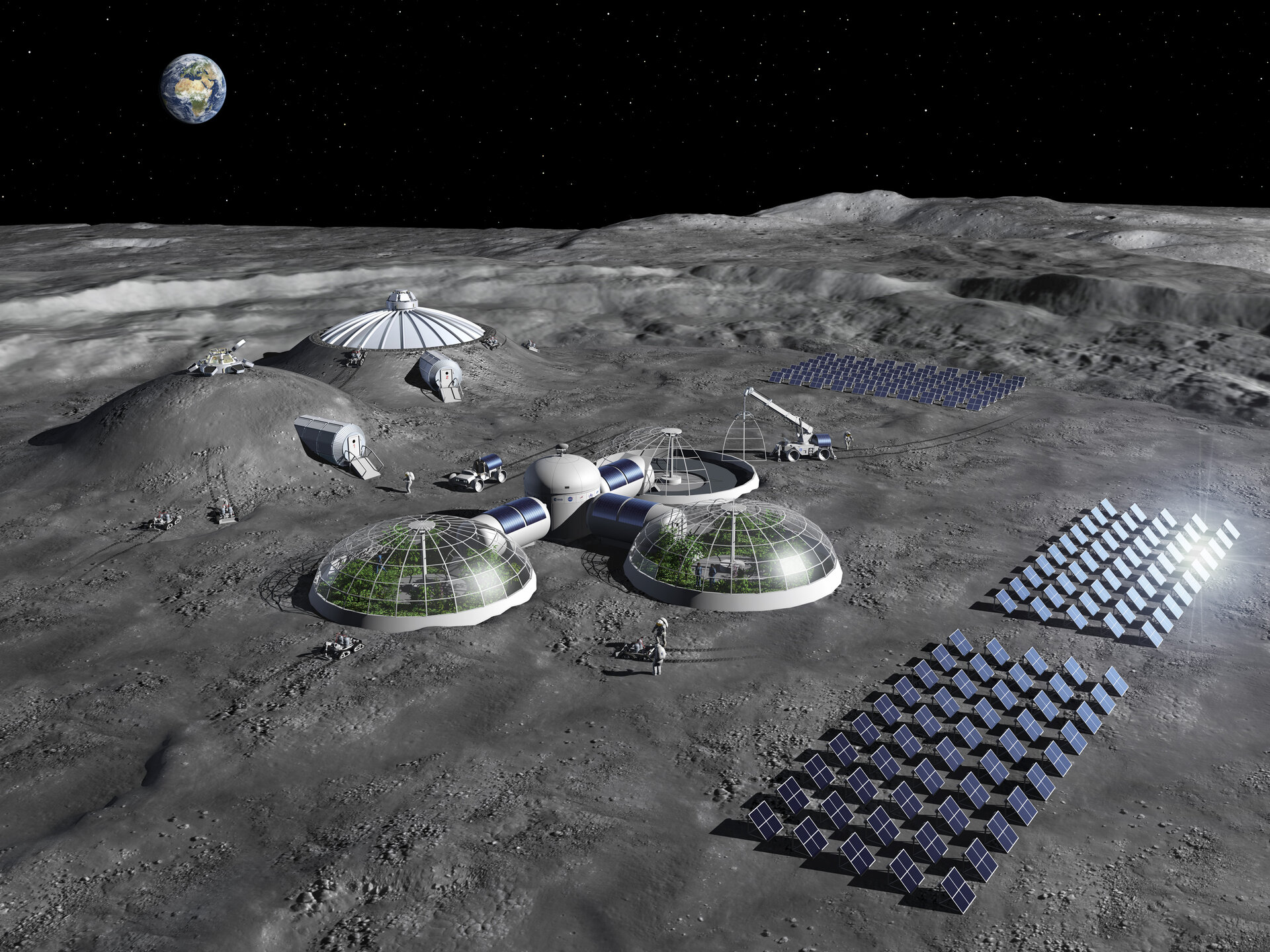Supporting Sustainable Development
ESA works to support the United Nations’ Sustainable Development Goals (SDGs) as part of its commitment to improve life on Earth while making scientific and engineering breakthroughs in space. The SDGs address a wide variety of aims, from environmental sustainability to human rights and equality.
Space research, technology and exploration push the limits of human ingenuity and abilities, expanding the frontiers of possibility in everything from launchers and satellites to teamwork and international collaboration.
The hard-won knowledge that sends missions to far-off worlds and supports human life in orbit can, and must, make life better here on Earth as well.
While there have always been spinoffs, applications and services arising as a result of all space programmes, in 2008 ESA kicked off the Space for Earth initiative to aid acceleration of these knowledge transfers and improve sharing of information.
“We knew the opportunity was there, but we had to take advantage of it,” said Isabelle Duvaux-Béchon, who set up Space for Earth as Head of the Member States Relations and Partnerships Office. “Since founding the initiative we’ve seen success in sharing ESA’s work with policy makers, non-profit organisations, and businesses.”

The SDGs provide an opportunity to participate in a larger effort to fulfil crucial needs around the world, and many lend themselves well to ESA’s areas of expertise. For instance, the third SDG aims for health and well-being for everyone in the world.
ESA’s research on supporting astronauts’ health under extreme conditions provides a wealth of basic information on human health and its variability overall, as well as leading to the development of medical devices that are portable, compact and reliable.
Directly or indirectly, many of ESA’s other directorates also support this goal. The Telecommunications and Integrated Applications directorate’s expertise in satellite communications supports projects to use telemedicine to reach remote areas of the world.
Navigation missions such as Galileo assist further by providing precise location data. Earth observation yields information on hazards to human health from pollutants to humanitarian crises. And the Technology, Engineering and Quality directorate ensures that ESA remains at the forefront of technological advancement, resulting in spin-off technologies that support human health.

To further explore how ESA supports the Sustainable Development Goals, take a look at our SDG site, where you can search by topic or browse by goal to find hundreds of ESA-supported projects that contribute to achieving the SDGs.
Find out how ESA supports global peace, reduces inequality, and even optimises water use in South African vineyards. Or find your own passion — there’s bound to be something that interests you!















 Germany
Germany
 Austria
Austria
 Belgium
Belgium
 Denmark
Denmark
 Spain
Spain
 Estonia
Estonia
 Finland
Finland
 France
France
 Greece
Greece
 Hungary
Hungary
 Ireland
Ireland
 Italy
Italy
 Luxembourg
Luxembourg
 Norway
Norway
 The Netherlands
The Netherlands
 Poland
Poland
 Portugal
Portugal
 Czechia
Czechia
 Romania
Romania
 United Kingdom
United Kingdom
 Slovenia
Slovenia
 Sweden
Sweden
 Switzerland
Switzerland

























